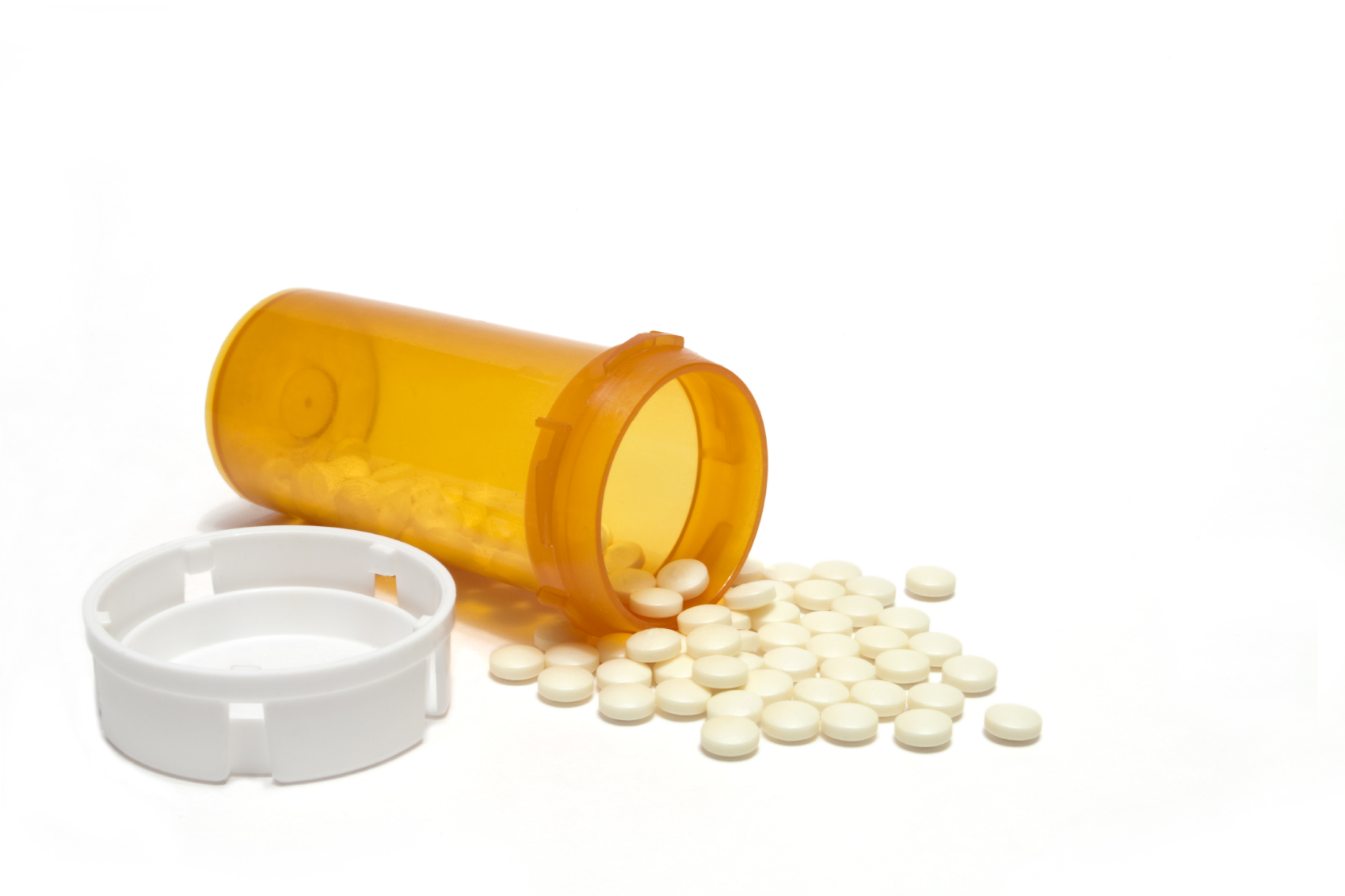Last week, we told Health Watch readers about the five easiest fixes for lowering breast cancer risk. It’s valuable information that readers shared with loved ones. And it got people talking…
But there’s so much more you need to know about breast cancer. Namely, some dangerous myths out there… Most of them come from so-called experts in the medical community. So we’re dedicating this week’s Friday Five to clearing the air—once and for all—about breast cancer.
Here are five breast cancer myths putting your life in danger:
1. Antidepressants Can’t Raise Your Risk: SSRIs like paroxetine are among the most prescribed drugs in America. Aside from the typical—scary—side effects, it also raises estrogen levels. This disrupts your natural hormone production. It makes you more likely to develop a breast tumor. And if you already have breast cancer, the situation could be even worse…
That’s because 70% of breast cancers are sensitive to estrogen. This means it could make the cancer even more aggressive. And if you’re going through “conventional” cancer treatment while taking an antidepressant, your risk of dying from breast cancer goes up by over 90%.
2. Eating Red Meat is Dangerous: Red meat takes a lot of heat from the mainstream. They have it all wrong. Some studies—based on survey data—claim that women who eat the most of it raise their breast cancer risk by up to 22%. This this is the same study that considered fast food to be “unprocessed…”
It’s true that eating factory-farmed beef comes with risks… But grass-fed beef is different. It’s rich in carnitine. This amino acid may reduce overall mortality risk by up to 30%. You’ll also get the benefit of higher levels of omega-3 fatty acids…even conjugated linoleic acid (CLA). It’s a compound that helps block estrogen signaling in human breast cancer cells.1
3. Wearing a Bra Increases Your Odds:This is one of the most popular breast cancer myths out there… The idea behind it is simple: Tight or restrictive bras prevent lymph fluid from draining. And the lack of circulation only makes things worse. It makes sense when you think about it… Previous—but flawed—studies suggest a link. But the most recent findings say otherwise.
Researchers at the Fred Hutchinson Cancer Research Center looked at medical records of over 1,500 women between the ages of 55 and 74. They interviewed each subject about their bra-wearing habits and other breast cancer risk factors. They found that no aspect of bra wearing raised risk for breast cancer. This included cup size, average number of hours or days worn, underwire, and years of use.2 The wrong bra may be uncomfortable… But it won’t raise your breast cancer risk.
4. Antiperspirants are Safe: Many experts say these need to be studied more.3 Yet the medical community continues to say these definitely won’t raise your risk. That doesn’t seem honest…or even scientific.
The truth is the compounds that give antiperspirants their smell will send your hormone levels crazy. Phthalates could even cause dangerous hormone spikes. And like we said earlier, this raises your risk of breast cancer… Or dying from it.
5. Genetics Determine Your Risk: There’s a common misconception that simply having the BRCA1 and BRCA 2 genes increase your odds of facing breast cancer. After all, the “BR” stands for “breast” and the “CA” stands for “cancer.” The fact is everyone has these genes… It’s having a genetic mutation on one of these genes that can raise your risk.
Only 5–10% of breast cancers are thought to be hereditary. BRCA1 and BRCA2 abnormalities account for roughly 1-in-10 cases. And even if you do have a mutation on one of these genes, it doesn’t mean you’ll automatically get breast cancer.4 Focus on the factors you can control—like diet and environmental toxins—instead.
Breast cancer is a frightening and common disease. It affects patients, survivors, and their families. But there’s a lot of bad information out there that could be putting your—or a loved one’s—life in danger. It’s important to be able to separate the myths from the facts if you want the best chances of beating it.
Like this Article? Forward this article here or Share on Facebook.
References:
1http://www.ncbi.nlm.nih.gov/pubmed/14988466
2http://cebp.aacrjournals.org/content/early/2014/08/27/1055-9965.EPI-14-0414.abstract
3http://www.everydayhealth.com/breast-cancer/12-breast-cancer-myths-debunked.aspx
4http://www.breastcancer.org/risk/factors/genetics

